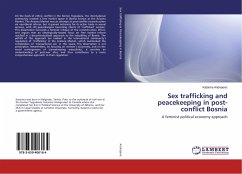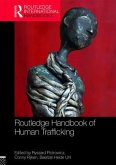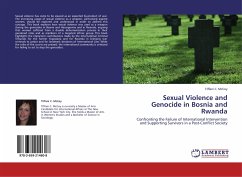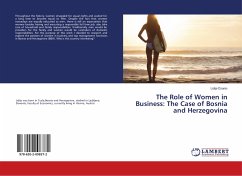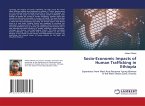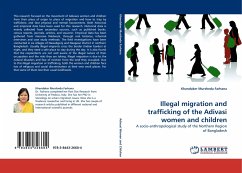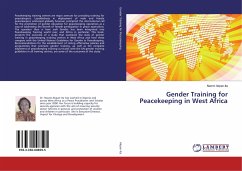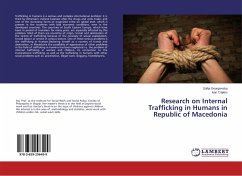On the heels of ethnic conflict in the former Yugoslavia, the international community created a free market space in Bosnia known as the Arizona Market. The Arizona Market was an attempt at post-conflict reconstruction via neo-liberal reform, but it gained notoriety for its active trade in sexual services, with UN peacekeepers becoming clients of 'trafficked' women. This dissertation forwards a feminist critique of the reconstruction effort, and argues that an ideologically-rooted focus on free market reform resulted in a decontextualized approach to the rebuilding of Bosnia. The pitfalls of this approach are evident in the international community's regulation of 'trafficking' in the Arizona Market, which overlooked the complexities of 'transactional sex' in this space. This dissertation is not prescriptive. Nevertheless, by focusing on women's autonomy, and on the social contingencies of 'peacekeeping masculinity', it enriches an understanding of post-war sites, and thus contributes to a more comprehensive approach to their regulation.
Bitte wählen Sie Ihr Anliegen aus.
Rechnungen
Retourenschein anfordern
Bestellstatus
Storno

